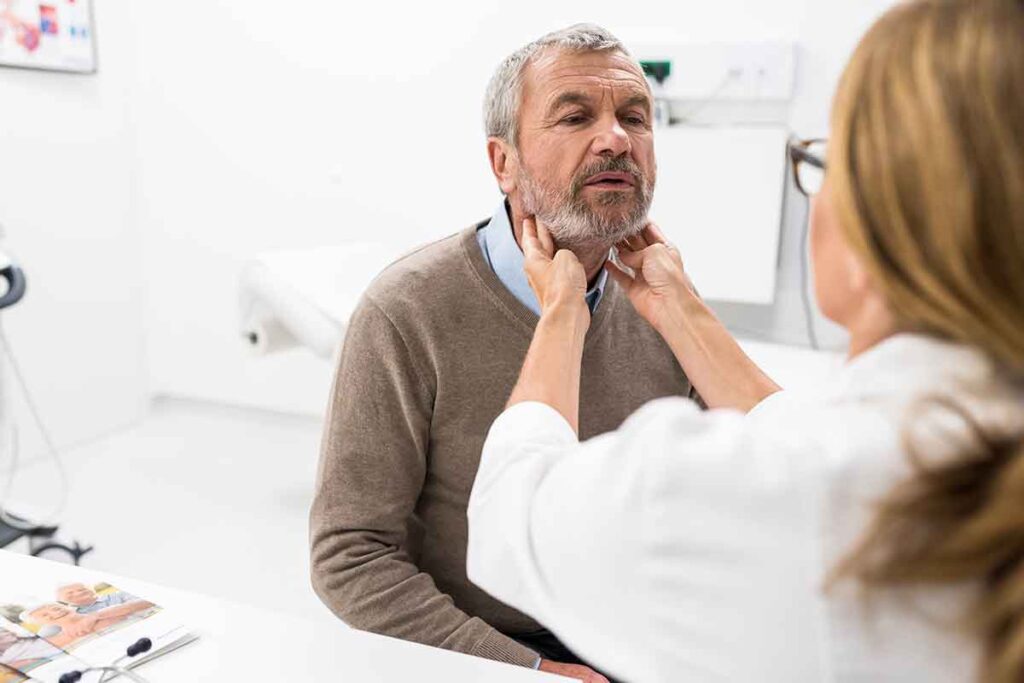Rep. Gerry Connolly of Virginia died this spring after a short battle with esophageal cancer. Connelly, 75, first revealed he had cancer only 6 months ago. It seemed he’d be fine. After all, Connolly made plans to continue his congressional work while going through chemotherapy and immunotherapy. And the esophageal cancer symptoms he mentioned — mild abdominal pain — seemed like not a big deal.
That’s why Connolly’s death came as a shock. And it’s a little terrifying to think that some stomach pain could go unnoticed and be a sign of something deadly.
In this Q&A, gastrointestinal cancer expert Linda Martin, MD, sheds light on this lesser-known cancer.
How common is esophageal cancer?
Not very common. There are about 22,000 cases per year in the U.S., compared to lung cancer with 225,000 new cases per year and breast cancer with 317,000.
About one-third of patients are diagnosed in stage 4, when the cancer has spread to other parts of the body. Most are in stage 2 or 3 by the time they notice any symptoms.
Rep. Connolly reported experiencing only one symptom before diagnosis — abdominal pain. What symptoms do you commonly see with esophageal cancer?
The most common esophageal cancer symptoms are:
- Trouble swallowing
- Food getting stuck
This usually starts with meat and bread. Much later in the disease, liquids may become hard to swallow. Rapid weight loss follows.
In many cases, esophageal cancer is related to long-term GERD/heartburn.
Many esophageal cancer symptoms can have less serious causes. When should people be concerned?
Any time you have food getting stuck when you swallow, you should tell your doctor immediately. You may need an upper endoscopy (a look in the esophagus with a thin lighted camera).
GERD with new trouble swallowing would cause alarm and consideration for upper endoscopy. You should discuss GERD without trouble swallowing with your doctor.
Ronald had acid reflux. What he did next saved his life.
This common symptom could be a rare cancer.
How do you treat esophageal cancer?
It is a difficult disease, for many reasons. Especially the challenges with eating/swallowing. Treatment is somewhat complex and best done in centers with lots of experience in this area.
Treatment may consist of chemotherapy, radiation, and surgery to remove the esophagus and reconstruct it with the stomach pulled into the chest.
In more advanced, late stage disease, surgery is not curative and thus not done. We would treat with chemotherapy and sometimes radiation.
